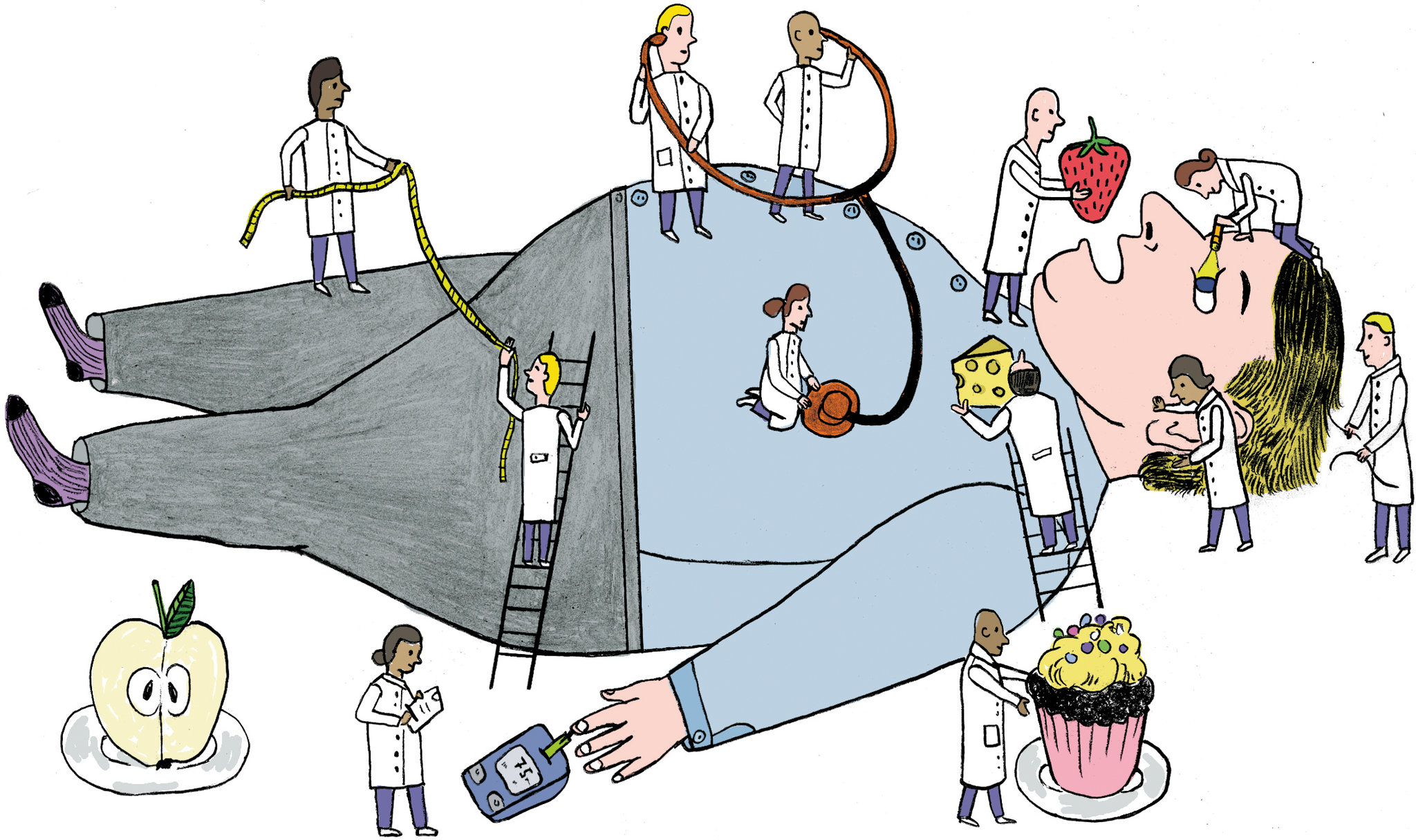 The New York Times published an article by Gary Taubes that explores the challenges of scientific research when it comes to understanding nutrition.Click Here
The New York Times published an article by Gary Taubes that explores the challenges of scientific research when it comes to understanding nutrition.Click Here
He notes that obesity, and its related diseases like Type II diabetes, have increased dramatically since the 1960s. (Gail”s note: Leaving aside some increase is due to changing definitions, not all of the increase can be explained by that). The public discussion and research about those to issues has also increased dramatically. Taubes states, “In 1960, fewer than 1,100 articles were published on obesity or diabetes in the indexed medical literature. Last year it was more than 44,000. In total, over 600,000 articles have been published purporting to convey some meaningful information on these conditions.”
Yet, we really do not know much about causes or prevention or nutritional treatment. It is possible that our understanding about nutrition is flawed, or that our assumptions about people are flawed: that everyone’s body is the same, and what works for one person should work for everyone. Or our attachment to an beloved theory makes it hard to recognize that it does not really explain much or work: in my view, the restricted calories as the solution pretty much fails for a lot of people.
Taubes offers another possible explanation about all these articles: ” {They] are the noise generated by a dysfunctional research establishment. Because the nutrition research community has failed to establish reliable, unambiguous knowledge about the environmental triggers of obesity and diabetes, it has opened the door to a diversity of opinions on the subject, of hypotheses about cause, cure and prevention, many of which cannot be refuted by the existing evidence. Everyone has a theory. The evidence doesn’t exist to say unequivocally who’s wrong.”
He points out the necessary scientific tools are hard to apply in the real world setting: ‘the experimental tests — the clinical trials and, to be specific, randomized controlled trials. Because the hypotheses are ultimately about what happens to us over decades, meaningful trials are prohibitively expensive and exceedingly difficult. It means convincing thousands of people to change what they eat for years to decades. Eventually enough heart attacks, cancers and deaths have to happen among the subjects so it can be established whether the dietary intervention was beneficial or detrimental.”
The are also expensive and it is hard to find sufficient resources to conduct the necessary research over a long period of time. The best that we can do is observational studies over a long period of time. ” documenting what people eat and what illnesses beset them, and then assume that the associations they observe between diet and disease are indeed causal — that if people who eat copious vegetables, for instance, live longer than those who don’t, it’s the vegetables that cause the effect of a longer life. And maybe they do, but there’s no way to know without experimental trials to test that hypothesis.”
Basically, we can observe associations or correlations, but that does not mean they are causally connected.
It is a great article about research methods and the challenges for policy makers in making fact based decisions on serious health issues because of the limits of scientific methodology.